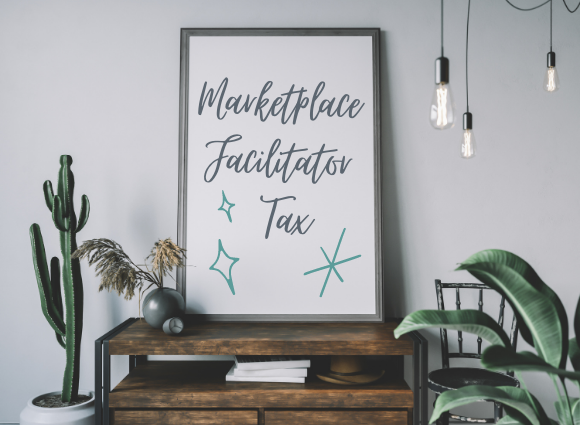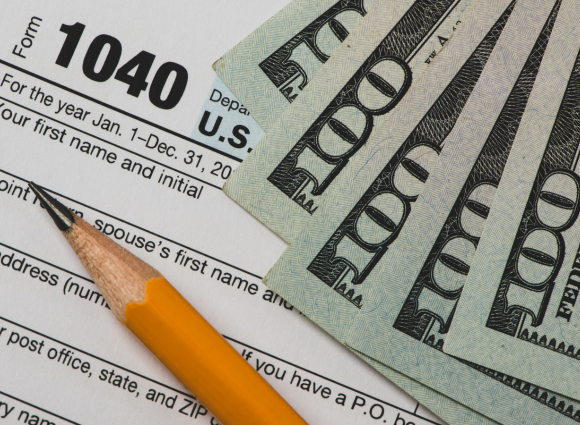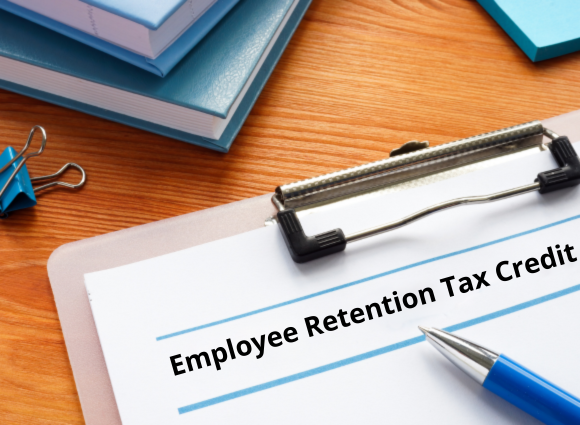
What is a Marketplace Facilitator?
What is a Marketplace Facilitator?
If you sell products online using marketplaces like Etsy, Amazon or any delivery services such as Door Dash or UberEats, you should be aware of the complexities this causes when it comes to collecting and remitting sales tax.
The South Dakota v. Wayfair Supreme Court case established the right for states to force out-of-state businesses to register and start collecting sales taxes. Previously, only companies with a physical presence in the state were required to collect sales tax. This resulted in a lot of lost sales revenue for states because the individual taxpayers (buyers) were failing to report and pay the sales taxes due.
Once states gained the ability to have out-of-state sellers collect sales tax, they soon realized the burden of registering for and collecting sales tax was too burdensome for small businesses. States then exempted all but the largest out-of-state businesses from collecting sales tax. However, this still left a lot of sales tax revenue on the table.
Spurred from the idea that states should be collecting sales taxes from one large entity (Amazon, etc.) rather than thousands of smaller businesses, the marketplace facilitator laws became a way for states to generate much-needed tax revenue. Marketplace facilitator laws sprung up around 2019, after many states recognized that while Amazon had started taxing sales of its own products, it wasn’t charging sales tax on third-party (marketplace) sales and a significant portion of sales were going untaxed.
Before this type of tax law, each of the third-party sellers was responsible for collecting and remitting their own sales taxes.
Why Marketplace Facilitator Laws Cause Confusion
Each state has its own marketplace facilitator laws and rates, and even its own definition of a facilitator. As of 2020, 42 states have put laws in place to move the burden of tax collection to the marketplace facilitator. Of the 45 states that have sales tax, only Florida, Kansas, and Missouri have not enacted some form of marketplace facilitator law. Kansas has currently taken the position that all out-of-state businesses are required to register and collect sales tax which renders a marketplace facilitator tax law unnecessary.
In addition, marketplace facilitator tax laws often apply to third-party food delivery companies. If you own a restaurant, this makes filing your sales tax returns more difficult as you must determine who is remitting the sales tax for delivery sales.
How to File Your Sales Tax Return When a Marketplace Facilitator is Involved
If your business involves the use of a marketplace facilitator, you need to confirm that the facilitator has indeed remitted all collected taxes associated with your sales. If so, these sales will be exempted from tax or subtracted from your sales depending on what state you are filing in.
If you have questions about marketplace facilitator laws, please contact us or your Mize CPAs tax professional.



